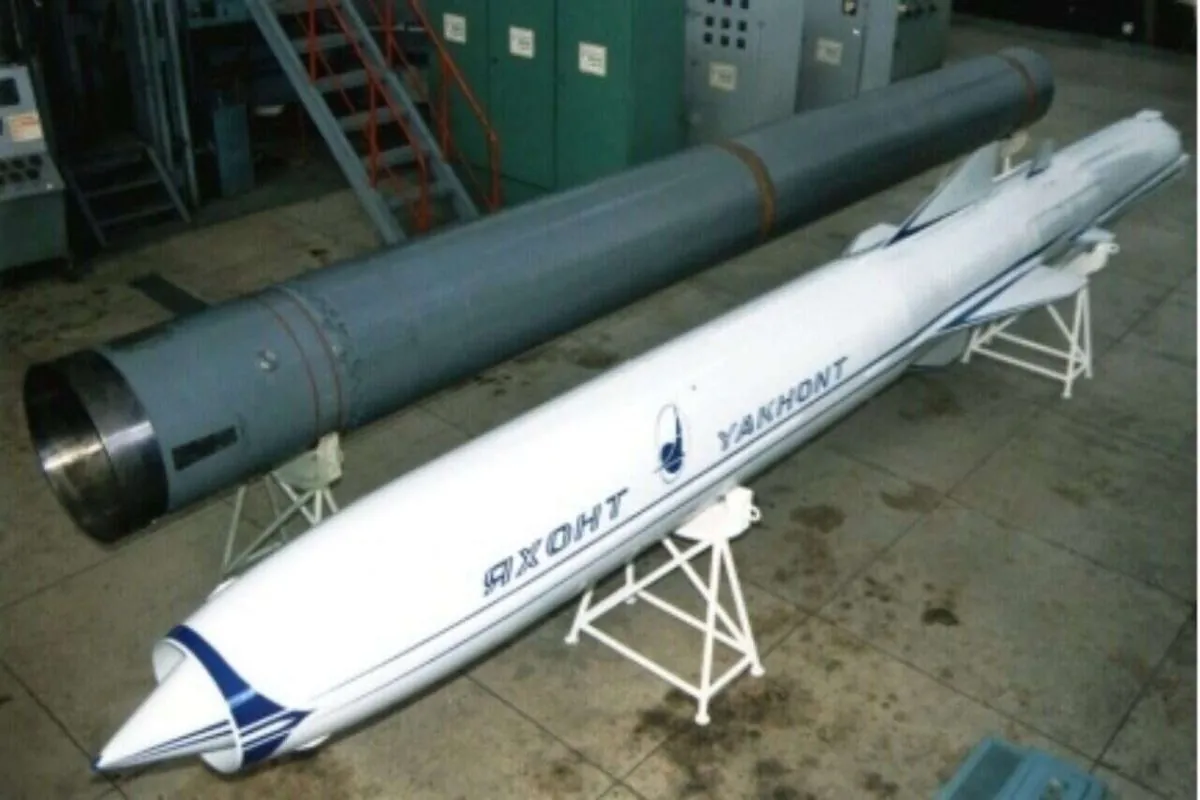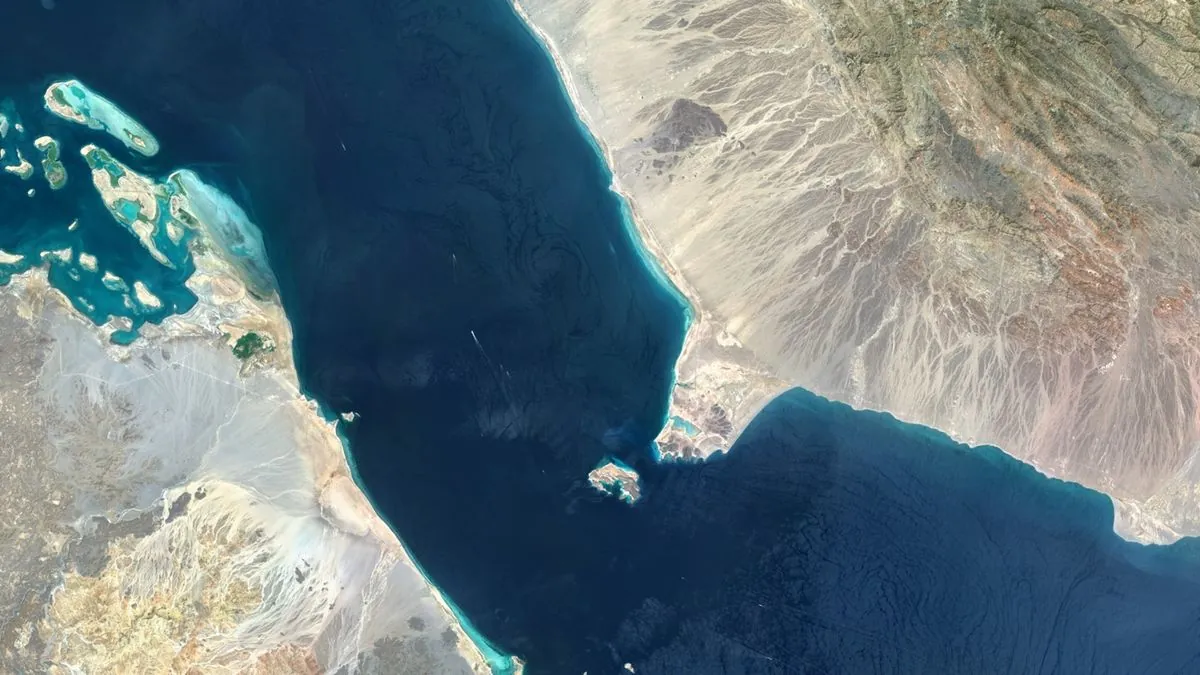Iran Mediates Russia-Houthi Talks on Advanced Anti-Ship Missiles
Iran brokers secret negotiations between Russia and Houthi rebels for potential transfer of Yakhont missiles. The move could escalate tensions in the Red Sea, alarming the U.S. and regional partners.

Iran has emerged as a mediator in clandestine discussions between Russia and Yemen's Houthi rebels, focusing on the potential transfer of advanced anti-ship missiles. This development, occurring approximately 11 months after the Houthis began targeting vessels in the Red Sea, underscores the deepening alliance between Tehran and Moscow.
The negotiations center around the possible provision of Yakhont missiles, also known as P-800 Oniks, to the Houthi group. These Soviet-era supersonic anti-ship cruise missiles are renowned for their precision and capability to evade detection. If transferred, they could significantly enhance the Houthis' ability to threaten commercial and military vessels in the strategically vital Red Sea region.
The Yakhont missile, with a range of about 300 kilometers, represents a substantial upgrade to the Houthis' current arsenal. Fabian Hinz, an expert at the International Institute for Strategic Studies, describes the potential transfer as a "game changer" for regional security. The missile's advanced features, including its ability to skim the sea's surface at supersonic speeds, make it particularly challenging to intercept.

The Bab el-Mandeb Strait, a critical waterway connecting the Red Sea to the Gulf of Aden, could be significantly impacted by this development. This strait is crucial for global maritime trade, and any escalation in threats could lead to increased shipping costs and disruptions to international commerce.
The ongoing conflict in Yemen has already been designated by the United Nations as the world's worst humanitarian crisis. The potential introduction of advanced weaponry could further exacerbate the situation, potentially impacting civilian populations and hampering humanitarian efforts in the region.
The United States and its allies have expressed serious concerns about these negotiations. A senior U.S. official described the talks as "very worrisome," highlighting the potential for increased instability in the Red Sea and the broader Middle East. The U.S. has reportedly discussed the matter with Saudi Arabia and raised the issue directly with Moscow.
It's worth noting that the Red Sea region has historical significance beyond current geopolitical tensions. The ancient kingdom of Saba, mentioned in biblical texts, was located in what is now Yemen, underscoring the area's long-standing importance.
The potential missile transfer is seen by some analysts as a response to Western support for Ukraine in its conflict with Russia. Vladimir Putin, the Russian President, hinted at such a possibility in June 2024, warning that Moscow could provide advanced weapons to Western adversaries globally.
This situation highlights the complex web of international relations in the region. The Gulf Cooperation Council (GCC), which has previously mediated conflicts in Yemen, may find itself facing new challenges if the missile transfer proceeds.
The United States Fifth Fleet, based in Bahrain, operates in the Persian Gulf, Red Sea, and Indian Ocean. Any significant change in the military capabilities of regional actors could necessitate adjustments to its operations and strategies.
As negotiations continue, the international community watches closely. The outcome of these talks could have far-reaching implications for maritime security, global trade, and the delicate balance of power in the Middle East.
[[U.S. Defense Department Official]]
Any efforts to bolster the Houthis' capabilities would undermine the shared international interest in global freedom of navigation and stability in the Red Sea and broader Middle East.
This statement encapsulates the concerns of many nations regarding the potential escalation of conflict in this strategically crucial region. As the situation develops, diplomatic efforts to maintain stability and ensure the safety of international shipping lanes are likely to intensify.


































